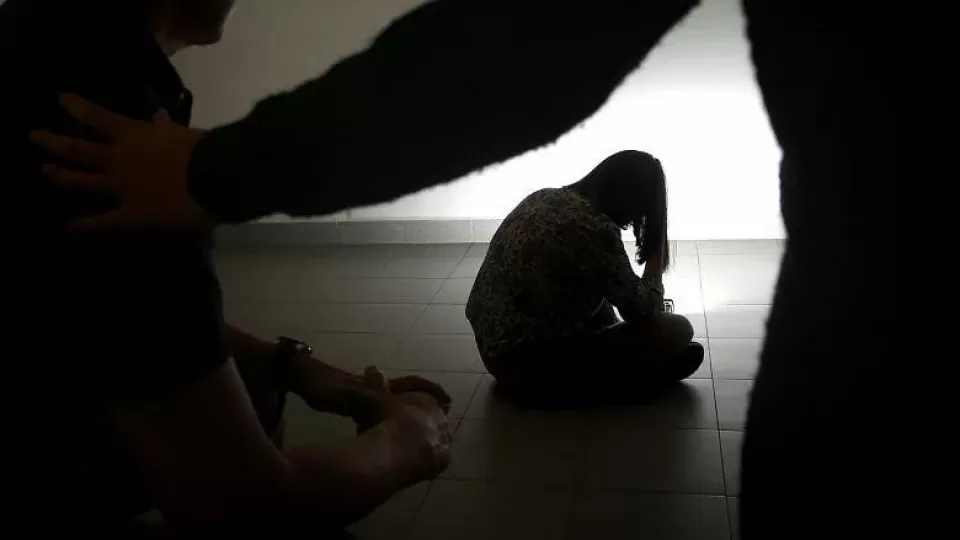September 30, 2022
KUALA LUMPUR – Half of children in Malaysia who were sexually exploited and abused online had no idea how to report the crime, according to a Unicef survey.
The rest who did disclose their experiences tended to confide in trusted adults or friends rather than call a helpline.
“Of the children who experienced online children sexual exploitation and abuse, only one child reported to a helpline,” said the report entitled Disrupting Harm in Malaysia.
It urged the government to ensure that reporting mechanisms are available and accessible to all children.
The report added that while the current Talian Kasih was available, it was not dedicated to children but open to all vulnerable individuals.
It said a dedicated and inclusive helpline for children was necessary, including for those who do not have trusted adults to confide in.
According to the report, at least 4% of Internet-using children aged 12 to 17 in Malaysia have been subjected to online sexual exploitation and abuse.
This includes being blackmailed into engaging in sexual activities, having their sexual images shared without permission or being coerced into engaging in sexual activities with promises of money or gifts.
“Scaled to the population, this represents an estimated 100,000 children who may have been subjected to any of these harms in the span of a single year,” it added.
The report also said the number might be under-reported and that the real figure could be higher.
A total of 995 Internet-using children consisting of 517 boys and 478 girls were involved in the household survey that was held nationally from April to November last year.
Datuk Dr Raj Karim, the chair of End Commercial Sexual Exploitation of Children Network Malaysia, said children should be empowered with comprehensive sexuality education to protect them from any unwanted sexual contact.
“There must be trust and confidence nurtured between children and adults to ensure early identification and reporting of both online and offline child sexual exploitation and abuse,” she said.
“In no way, should children be blamed, shamed or stigmatised.”
The report covering 13 countries in Eastern and Southern Africa as well as South-East Asia was produced by End Child Prostitution and Trafficking International, Interpol and the Unicef Office of Research – Innocenti.
In Malaysia, it was supported by the Women, Family and Community Development Ministry while the technical committee was chaired by the Malaysian Communications and Multimedia Commission.
Unicef representative to Malaysia Edgar Donoso said the government was committed to protecting children online and offline based on the findings of the report.
“For children, the border that separates cyberspace and real life does not exist. The friendships and knowledge children gain online have as much impact as the ones they have offline.
“Of equal consequence are the abuse and exploitation they may face. Children are better protected when we arm them with knowledge, including comprehensive sexuality education and providing support when they face such harms,” he said at the launch of the report here yesterday.
About 9% of the children in the report said they were subjected to uncomfortable sexual comments, mostly by someone they know.
Another 9% said they received unwanted sexual images over the past year, while 5% said they were asked to talk about sex or sexual acts.
The survey also found 3% of them received requests to send photos or videos showing their private parts.
The full report is accessible at https://uni.cf/3CisuOL

